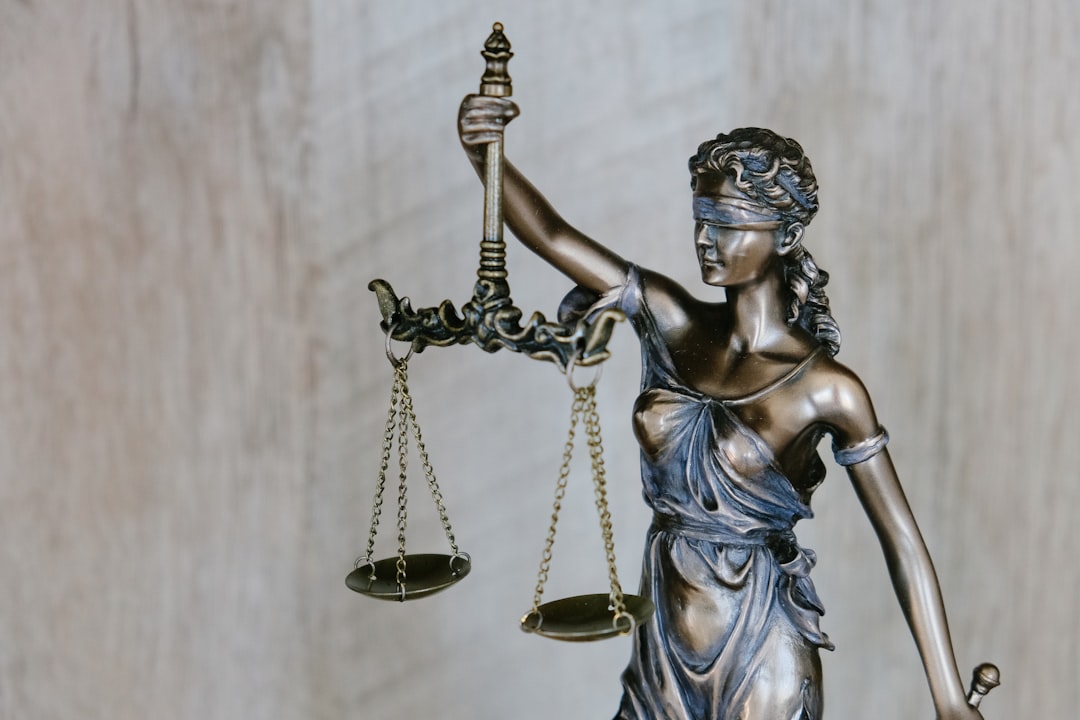In Georgia, individuals facing debt have specific legal protections under the Fair Debt Collection Practices Act (FDCPA) and related regulations. A debt collector lawyer in Georgia can explain these rights, ensuring fair treatment from creditors and preventing wrongful collection activities. Debtors are entitled to dispute inaccurate debt information and request validation from creditors. If harassed or treated unfairly by a debt collector, document interactions and consult a lawyer for guidance on FDCPA compliance and potential legal recourse.
In Georgia, understanding your rights as a debtor is crucial for navigating complex financial landscapes. This guide provides essential insights for debtors facing challenges from debt collectors. We explore key laws and practices, including the Fair Debt Collection Practices Act (FDCPA), to equip you with knowledge and protect against abusive collection tactics. Learn how to deal with harassment and assert your rights effectively, guided by a debt collector lawyer in Georgia.
Understanding Your Rights as a Debtor in Georgia

In Georgia, like anywhere, individuals facing debt have specific rights protected by law. Understanding these rights is crucial for any debtor navigating interactions with creditors or debt collectors. Knowing your legal standing empowers you to take informed actions and protect yourself from unfair practices. A debt collector Lawyer in Georgia can help explain these rights and ensure they are upheld.
For instance, the Fair Debt Collection Practices Act (FDCPA) restricts how debt collectors may communicate with you, mandating civil and respectful treatment. It also caps the amount of money collectors can charge for certain services. Georgians should be aware of their right to dispute inaccurate debt information and request validation from creditors. This process ensures that debts are genuine and gives debtors a chance to correct any errors, which is vital in preventing wrongful collections activities.
The Role of Debt Collectors and Their Legal Boundaries

In Georgia, as in many states, debt collectors play a significant role in the process of recovering debts. However, their actions are tightly regulated by law to protect consumers from aggressive or unfair practices. Debt collectors must adhere to strict rules set forth by the Fair Debt Collection Practices Act (FDCPA) and Georgia-specific legislation. These laws define when and how a debt collector can contact you, what information they can share about your debt, and how much they can charge for their services.
If you’re dealing with a debt collector in Georgia, it’s crucial to understand these legal boundaries. Engaging a debt collector Lawyer Georgia can provide invaluable guidance on navigating these regulations. They can help ensure that your rights are protected and that any communication with debt collectors is conducted in accordance with the law, preventing potential harm to your financial and legal standing.
Fair Debt Collection Practices Act (FDCPA) in Georgia: What You Need to Know

In Georgia, as in many states, the Fair Debt Collection Practices Act (FDCPA) plays a crucial role in protecting debtors from aggressive or unfair debt collection practices. This federal law sets forth specific guidelines that debt collectors must adhere to when attempting to collect on debts. If a debt collector violates these rules, debtors in Georgia have rights and may seek legal recourse through a debt collector lawyer.
Debtors should be aware that the FDCPA restricts the time and manner in which debt collectors can contact them, requires validation of debts, and prohibits using false or misleading statements. It’s important for folks in Georgia who are being harassed or abused by debt collectors to remember their rights under this act. Consulting with a debt collector lawyer in Georgia can help debtors understand their options and protect themselves from unfair collection practices.
How to Deal with Harassment and Abusive Debt Collection Practices

In Georgia, it’s illegal for debt collectors to employ harassing or abusive practices when attempting to collect a debt. This includes using threats, violence, or other forms of intimidation to pressure debtors. If you’re being harassed by a debt collector, document every interaction and consider reaching out to a debt collector lawyer in Georgia for guidance. They can help you understand your rights and take appropriate action, which may include filing a complaint with the Georgia Attorney General’s Office or seeking legal recourse against the abusive collector.
Under Georgia law, debt collectors must adhere to fair debt collection practices, as outlined by the Fair Debt Collection Practices Act (FDCPA). This means they must identify themselves, provide validation of the debt, and cease contact if you request it. If a collector violates these rules, you may have legal options for damages or to stop further harassment. A debt collector lawyer in Georgia can assist you in navigating these complexities and ensuring your rights are protected throughout the process.






